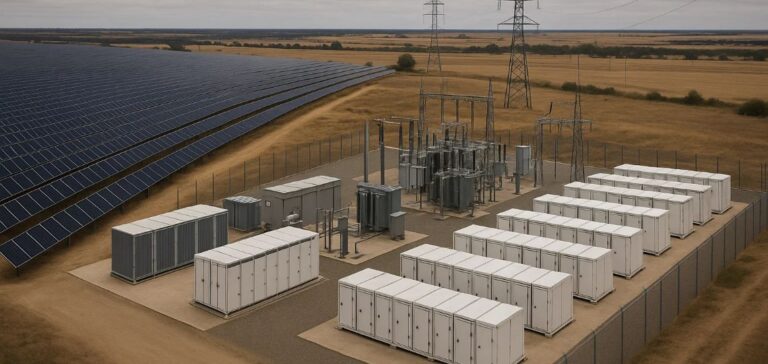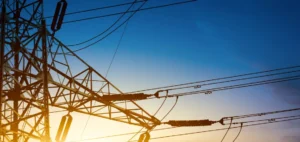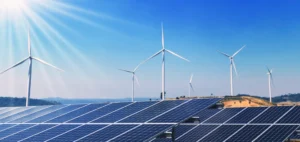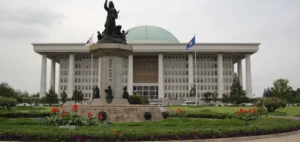Spain’s competition authority, the Comisión Nacional de los Mercados y la Competencia (CNMC), has opened an independent investigation into the massive power outage that occurred on April 28, its president Cani Fernández announced before the Congress of Deputies. The failure impacted both Spain and Portugal, causing large-scale disruption with no clear cause identified to date.
An unprecedented incident
According to official estimates, around 60% of Spain’s electricity consumption was interrupted during the event, representing nearly 15 gigawatts of lost power in just five seconds. Spain’s electricity transmission system operator, Red Eléctrica de España (REE), confirmed the scale of the outage, which quickly triggered a domino effect across the Iberian Peninsula.
The CNMC stated that it has started collecting technical data from sector operators to understand both the root causes and the system restoration process. Cani Fernández indicated that the analysis will also focus on whether specific errors occurred during the grid reboot phase.
Multiple investigations underway
This move adds to inquiries already initiated by several institutions. Spain’s Ministry for the Ecological Transition opened a probe the day after the outage, as did the European Network of Transmission System Operators for Electricity (ENTSO-E). The Spanish judiciary has also launched legal proceedings to assess the possibility of a cyber sabotage.
Several technical hypotheses are being considered, including an imbalance linked to excessive solar energy production. On April 28, photovoltaic output was indeed high but did not exceed peak levels recorded on previous days. Cani Fernández urged caution in drawing conclusions, noting that the exact cause of the incident remains undetermined.
Sector still facing uncertainty
Ecological Transition Minister Sara Aagesen stated that “all hypotheses remain open”, underlining the complexity of the ongoing investigations. Speaking to El Diario, she acknowledged that the technical procedures involved are lengthy and require close coordination among multiple national and European institutions.
As an independent regulator, the CNMC aims to offer a complementary technical analysis, highlighting its ability to provide unbiased data. “The CNMC operates on a different level from other actors,” Cani Fernández reminded lawmakers, confirming that formal data requests had already been sent to the energy companies involved.






















